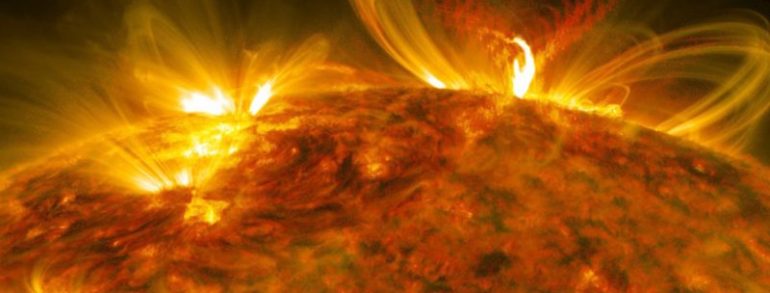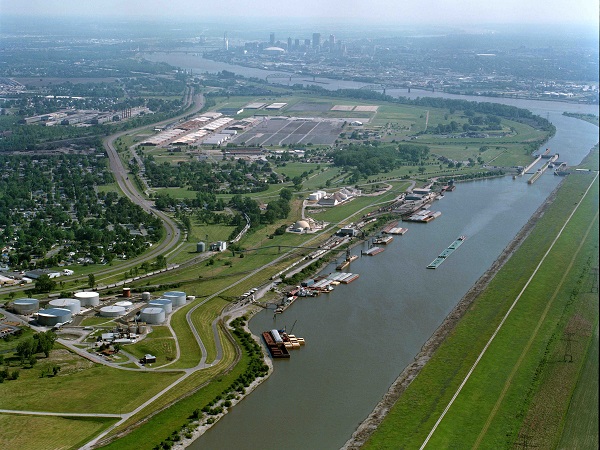What can we learn from ‘exoplanets’? During the past two decades more than 3000 planets have been detected beyond our solar system and many more will doubtless be discovered in the coming decades. This substantial sample will likely include planets in or near the habitable zones of their sun-like stars, deepening our understanding of planet formation, evolution, and…
Read more







